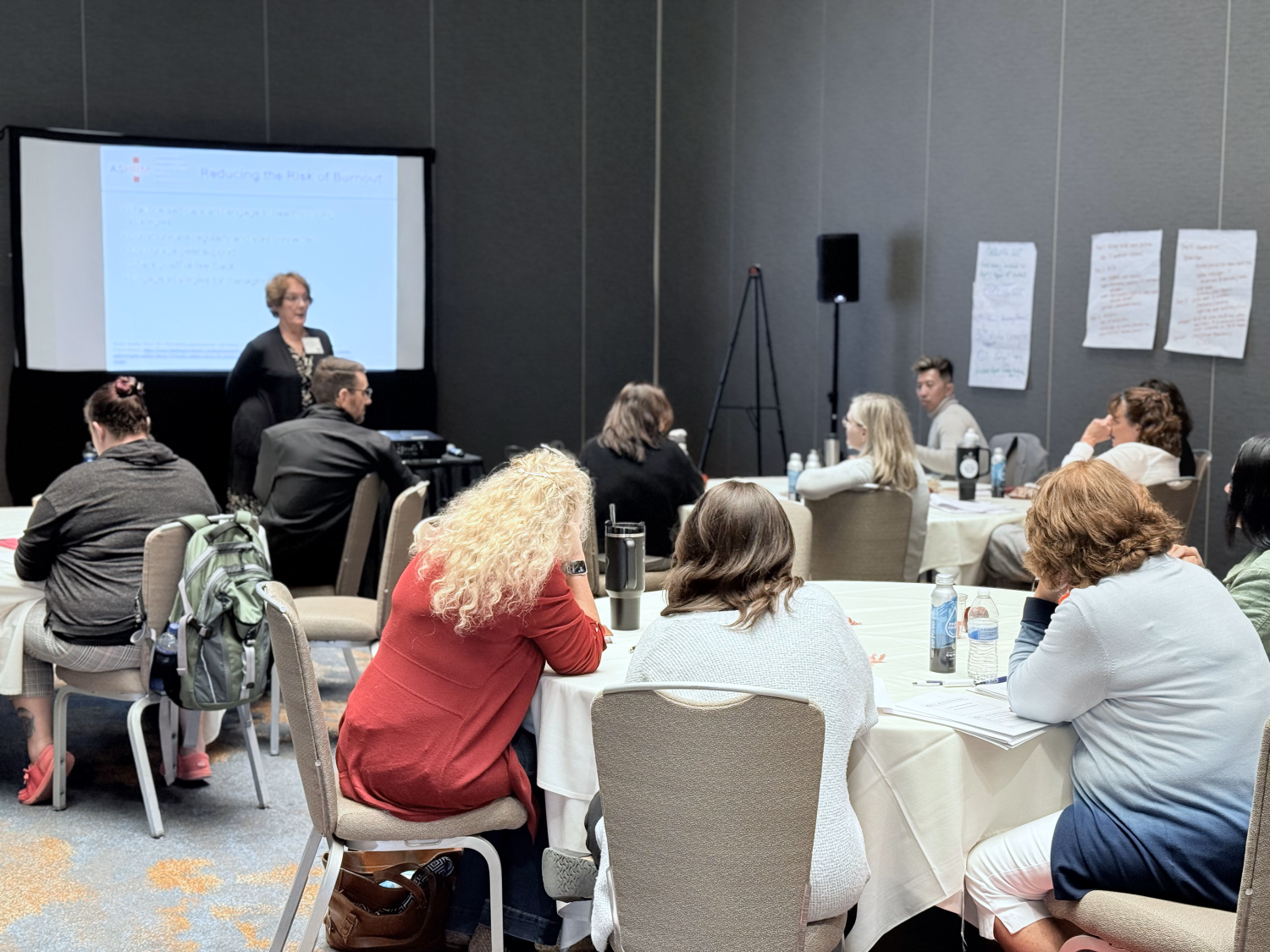Patient safety requires a proactive approach and the recognition that Patient Safety is "Everyone's Job!" Building a comprehensive and effective patient safety program requires art, science and consistent commitment from the organization's leadership and staff.
This course is designed for patient safety and risk management professionals to identify and deploy patient safety principles and to use analytical tools to support improved patient care and organizational outcomes.
The certificate program uses a "blended learning" approach: attendees begin with didactic online learning modules reviewing core patient safety topics prior to the two-day in-person sessions. During the in-person sessions participants will discuss patient safety topics and tools and learn how to apply multiple performance improvement and patient safety strategies, earning 18 hours of continuing education credits.
Participants will collaborate with colleagues and faculty to complete a SWOT (Strengths, Weaknesses, Opportunities, and Threats) matrix on current patient safety issues, participate in an FMEA (Failure Mode and Effects Analysis) exercise,, receive guidance on crisis communication & disclosures, conduct a RCA (Root Cause Analysis) case study, discuss creating & sustaining change and share strategies to shift the organization's focus from one of reacting to events to proactively preventing harm and events from affecting patients, families and potential liability losses.
Benefits of the Patient Safety Certificate Program
Upon completing this program, participants will be able to:
- Lead organizational strategies to build or strengthen a proactive patient safety program
- Incorporate principles and best practices of a comprehensive patient safety program
- Apply analytical tools and patient safety concepts to improve patient outcomes
Who should take ASHRM's Patient Safety Certificate Program?
This course is open to any professional working in patient safety or risk management, novice to expert, clinical or non-clinical, directly responsible for implementing strategies in a supporting role, who is interested in advancing the knowledge of patient safety principles and effectively applying tools & skills to generate positive change at your organization.
Topics Covered:
Online Module
The online module will provide a broad overview of the foundations of a comprehensive patient safety program, including:
- Patient Safety: Past, Present, and Future
- Patient Safety Science
- Patient Safety Infrastructure
- Just Culture
- Human Factors & Effects on Patient Safety
- Communication for Patient Safety
- Data Sources: Collection and Use
- Root Cause Analysis (RCA)
- Disclosure
- Managing the Media: Crisis Communication
- Building Patient Safety into Organizations
2-Day In-Person Module
The 2-day in-person portion of the course is highly interactive, with multiple opportunities to collaborate with colleagues to explore topics in greater depth and use tools discussed in group tabletop exercises.
- Patient Safety Today
- Patient Safety Science including High Reliability
- Human Factors & Communication
- Failure Mode and Effects Analysis
- Apparent Cause Analysis
- Root Cause Analysis (RCA)
- Crisis Communication
- Disclosure
- Building Patient Safety into Organizations
- Patient Safety Data including Board Reports
- Sustaining Change, including Resilience for the Organization and Professionals








